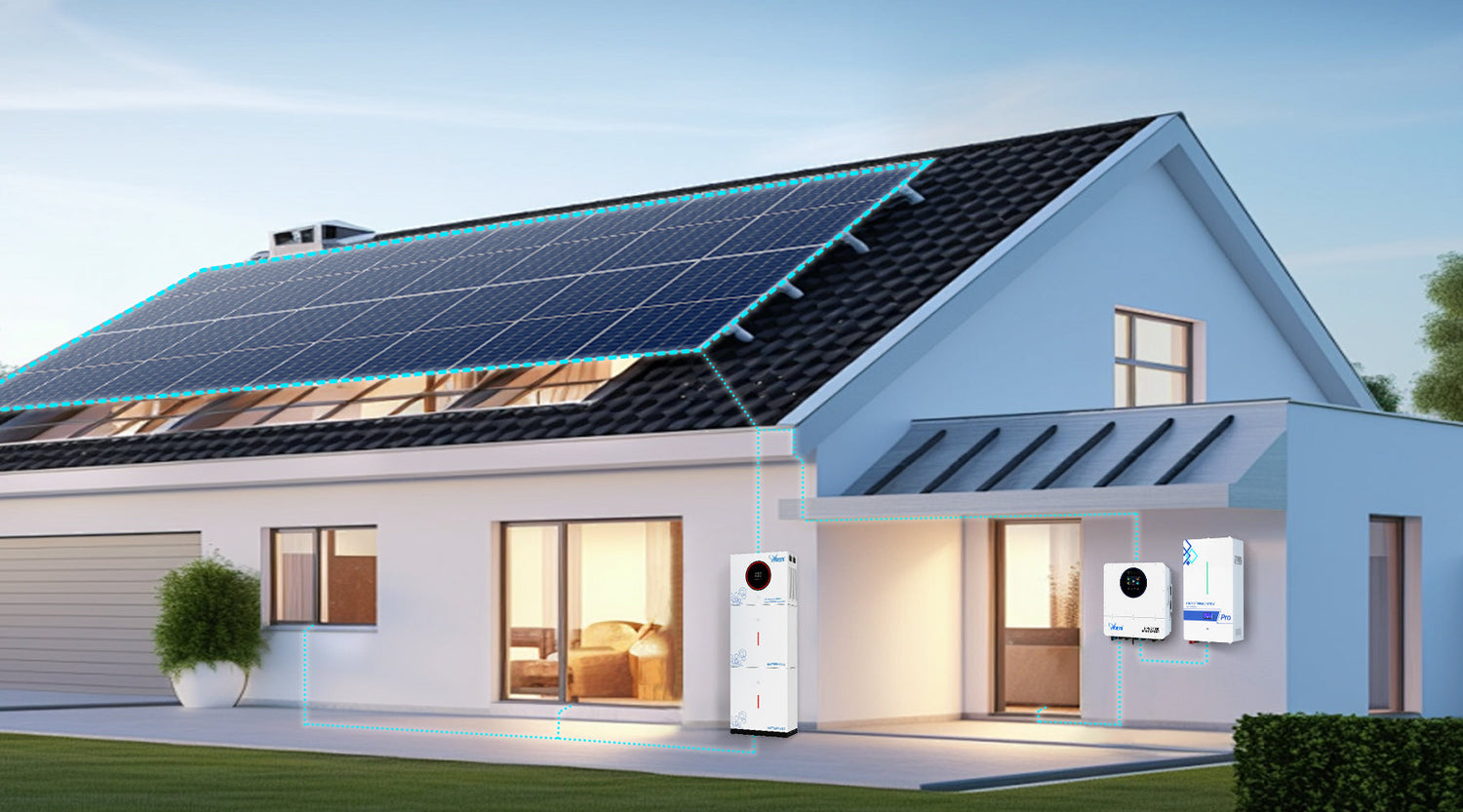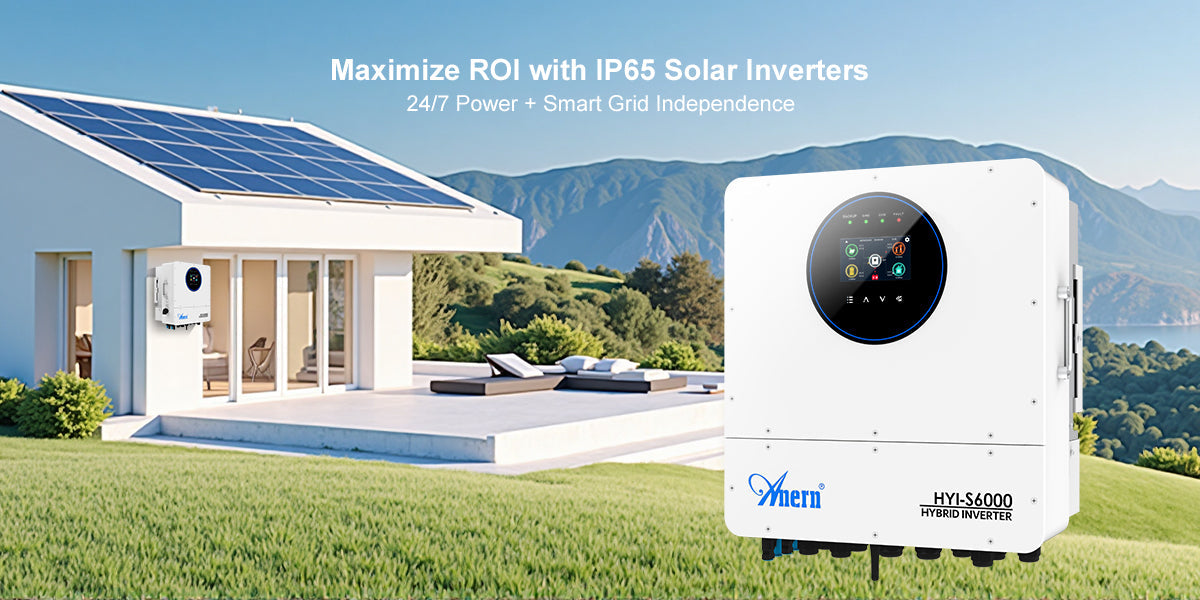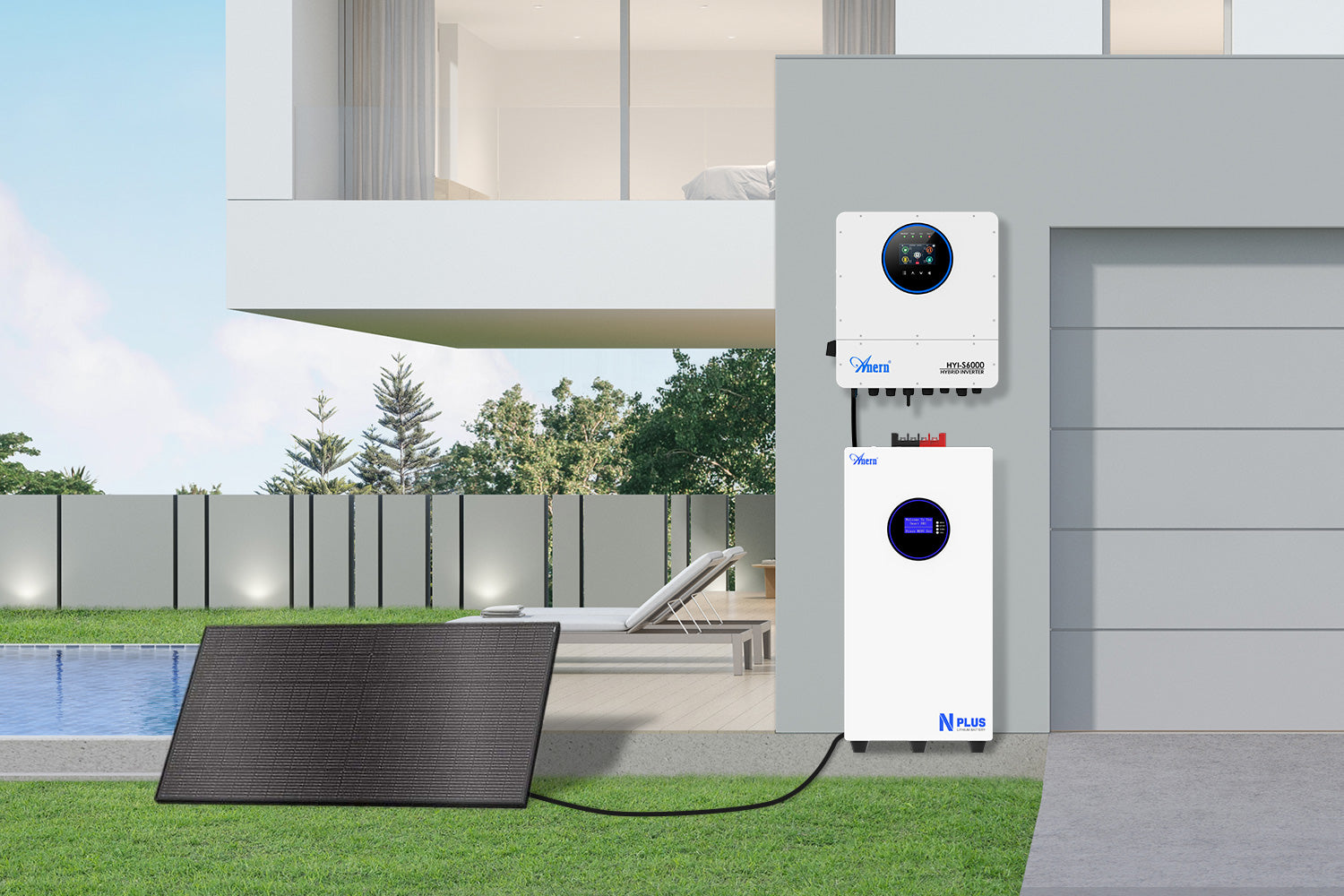Ensuring a consistent power supply is a growing concern for homeowners and businesses alike. Power outages, whether due to severe weather, grid instability, or other unforeseen events, disrupt daily life and operations. For years, gasoline or diesel generators served as the primary backup power solution. However, a new era of energy independence is here. Solar energy combined with advanced storage systems offers a compelling, efficient, and sustainable alternative.
This discussion explores the inherent limitations of traditional generators and highlights the significant advantages that solar storage solutions bring to the forefront, empowering you with reliable power when you need it most.
The Limitations of Traditional Generators for Backup Power
While generators have provided a sense of security for decades, they come with notable drawbacks that impact convenience, cost, and the environment.
Fuel Dependency and Operational Challenges
Generators rely heavily on fossil fuels like gasoline, diesel, or propane. This dependency means you must store fuel safely, which presents logistical challenges and potential hazards. During widespread power outages, fuel availability can become scarce, leaving you without your backup power source when it is most critical. Additionally, generators require regular maintenance, including oil changes and filter replacements, adding to their operational complexity and cost.
Beyond fuel, generators often produce significant noise pollution, disturbing your peace and potentially affecting neighbors. Their exhaust fumes, rich in pollutants, necessitate careful placement and ventilation to avoid health risks.
Environmental and Economic Concerns
The combustion of fossil fuels in generators releases greenhouse gases and other harmful pollutants into the atmosphere. This contributes to air quality issues and climate change. From a policy perspective, deploying otherwise idle backup generation may be seen as an alternative to kick-starting markets for demand response. However, the long-term viability of this should be balanced against additional concerns, such as increased urban emissions.
Economically, the cost of fuel can fluctuate dramatically, making the long-term operational expenses of a generator unpredictable and potentially high. Furthermore, the initial purchase price of a generator, coupled with ongoing maintenance and fuel costs, can accumulate over time, diminishing its perceived value.
The Rise of Solar Storage Solutions
Solar storage systems represent a fundamental shift in how we approach backup power. They harness the sun's energy, store it, and release it silently and cleanly when required.
How Solar Plus Storage Functions
A typical solar plus storage system integrates solar panels, a hybrid inverter, and a battery storage unit. Solar panels convert sunlight into direct current (DC) electricity. This DC electricity then flows to a hybrid inverter, which converts it into alternating current (AC) electricity suitable for home use. Any excess electricity generated that is not immediately consumed can be directed to a battery system for storage.
When the grid goes down, or during periods of low solar production (such as at night), the stored energy in the battery seamlessly powers your home. This capability allows you to maintain essential services and appliances without interruption, offering true energy resilience.
Core Components of a Modern System
Modern solar storage solutions prioritize efficiency, safety, and reliability. Key components include:
- Lithium Iron Phosphate (LiFePO4) Batteries: These batteries are a cornerstone of advanced energy storage. They are highly regarded for their long cycle life, thermal stability, and inherent safety, making them a reliable choice for residential and commercial applications.
- Hybrid Inverters: These intelligent devices manage the flow of energy between your solar panels, batteries, and the grid. They efficiently convert DC solar power to AC for immediate use or battery charging, and can seamlessly switch to battery power during outages.
- Integrated Home Energy Storage Systems (ESS): Many solutions offer a comprehensive package that combines high-performance LiFePO4 batteries, a sophisticated hybrid inverter, and connectivity for solar panels. These integrated systems simplify installation and optimize energy management.
- Off-Grid Solar Solutions: For properties without grid access, or those seeking complete energy independence, specialized off-grid solar solutions provide power for homes, farms, and remote cabins. These systems are designed to operate entirely self-sufficiently, utilizing robust battery storage to ensure continuous power.
Installing battery storage systems in conjunction with distributed solar PV can effectively increase self-consumption and reduce reverse power flows into the local grid by shifting the produced energy.
Superiority of Solar Storage: Key Advantages
Comparing solar storage with traditional generators reveals clear advantages in performance, environmental impact, and long-term value.
Unmatched Energy Independence and Reliability
Solar storage systems significantly reduce your reliance on the centralized grid and volatile fuel markets. By generating and storing your own electricity, you gain substantial energy independence. This means you are less susceptible to grid failures, natural disasters, and fluctuating energy prices. For rural areas and islands, the use of renewables has become the least-cost solution, offering a viable alternative to fossil fuels for electricity generation.
The silent operation of solar storage systems ensures your backup power is delivered without the disruptive noise associated with generators. There are no fumes, no refueling trips, and no engine maintenance, offering a clean, quiet, and reliable power experience.
Cost-Effectiveness and Long-Term Value
While the initial investment in a solar storage system may appear higher than a basic generator, the long-term economic benefits are substantial. You save on fuel costs, which can quickly add up for generators. Additionally, solar energy can reduce or eliminate your monthly electricity bills, providing significant savings over the system's lifespan. The levelized cost of electricity (LCOE) for utility-scale solar PV has seen reductions, making it an increasingly attractive investment.
Government incentives and tax credits for solar and battery storage installations further enhance the financial viability, accelerating your return on investment. Over time, solar storage proves to be a more economically sound choice, adding considerable value to your property.
Environmental Stewardship
Opting for solar storage is a powerful step towards environmental responsibility. These systems produce zero operational emissions, contributing to cleaner air and a healthier planet. This significantly reduces your carbon footprint and aligns with global efforts to combat climate change. Beyond local emissions, solar storage reduces dependence on price-volatile imported fuels and mitigates the risk of fuel leakages.
Advanced Grid Services and Resilience
Beyond simple backup power, modern solar storage systems offer sophisticated capabilities that enhance grid stability and your personal energy management. These systems, particularly those with smart inverter technology, can provide voltage management capabilities and power system support services. They also offer improved communications and interactivity with the grid.
Battery systems with grid-forming inverters can provide all the necessary services to the grid, including black start capability, frequency and voltage control, and reserves. This means your system can actively contribute to a more resilient and stable energy infrastructure.
Practical Applications and Real-World Impact
The versatility of solar storage makes it suitable for a wide array of applications, from urban homes to remote agricultural settings.
Powering Residential Spaces
For homes, solar storage means uninterrupted comfort and security. You can keep your lights on, appliances running, and communication devices charged during outages. This is especially beneficial for essential medical equipment or preserving food in refrigerators. The ability to shift produced energy from peak generation times (mid-day) to peak demand times (evening) maximizes self-consumption and reduces reliance on the grid at expensive times.
Off-grid solar solutions offer complete energy autonomy for properties like farms, cabins, or homes in remote areas. These systems are engineered to provide reliable power where grid access is limited or non-existent, ensuring continuous operation for critical loads.
Supporting Off-Grid Communities and Mini-Grids
In locations without established grid infrastructure, solar storage-based mini-grids are transforming access to electricity. These systems provide a cost-effective and environmentally sound alternative to diesel generators, bringing reliable power to communities that previously lacked it. Battery storage systems are key to balancing the variability of resources like wind and solar PV, shifting electricity from times of excess supply to times of high demand.
Policy Support and Market Growth
Governments worldwide are increasingly recognizing the value of solar and storage. Policies like the US Inflation Reduction Act provide tax credit extensions for solar PV and battery storage, along with financial support for clean power equipment manufacturing. Europe has set ambitious renewable targets, aiming for 45% by 2030, and is fast-tracking permitting processes. India is expanding its Production-Linked Incentive (PLI) scheme, targeting 50 GWh of battery manufacturing capacity and 40 GW of solar PV manufacturing capacity in the next three years. These initiatives underscore a global commitment to sustainable energy solutions, driving down costs and accelerating adoption.
Empowering Your Home with Sustainable Backup
The choice between a traditional generator and a solar storage system for backup power is clear. While generators offer a temporary fix with significant environmental and operational trade-offs, solar storage provides a durable, eco-conscious, and economically sound path to energy independence.
By investing in solar plus storage, you secure a reliable power supply for your home or business, reduce your environmental footprint, and gain control over your energy future. You are not just preparing for outages; you are embracing a cleaner, more resilient, and self-sufficient way of living.





Leave a comment
All comments are moderated before being published.
This site is protected by hCaptcha and the hCaptcha Privacy Policy and Terms of Service apply.